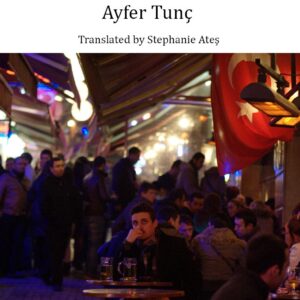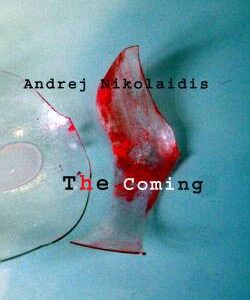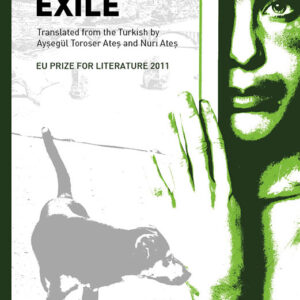Author: Ludovic Bruckstein
Translator: Alistair Ian Blyth
ISBN: 978-1-912545-315
Bruckstein’s two novellas, published for the first time in English, offer a fascinating depiction of rural life in the Carpathians around the time of the Second World War, tracing the chilling descent into disorder and fear of two cosmopolitan communities that had hitherto appeared to be havens of religious and racial acceptance, but which were in fact constructed on foundations of prejudice and discrimination. Bruckstein presents the effects of the Holocaust not only on the Jewish community, but also the wider Christian society. His novellas tell cautionary tales of how gradual changes that individually seem inconsequential can lead to catastrophic alterations in the very fabric of society which, by the time they are acknowledged, are irreversible. These stories serve as a warning that passivity and political apathy can sometimes be just as harmful as actions.
“Loosely autobiographical, Ludovic Bruckstein’s first work to be translated into English is warm with sparkling moments of humour — despite exploring the darkest of themes …With its fast-pace and smooth, unpretentious prose, The Trap seems to imbue oral storytelling rather than literary artifice”
“Buckstein uses the same storytelling technique in both tales, revealing the post-war fate of the protagonists at the beginning, before cutting back. Alistair Ian Blyth’s translations capture a distinctive rhythm: now of an old song, now of a prayer. The narratives keep returning to the question of how things came to this. You think back to the yellow stars….And then the doctor’s words spring to mind: ‘If every person saved just one…'”
“His posthumously published The Trap is a poignant distillation of his style, his presence, his organic relationship with the voices of an entire tradition that resonates with distinctly modern clarity. The eponymous novella has a gripping, breathless orality, a folktale immediacy of darkly ironic humour that echoes uncannily Bella Chagall’s own memoirs, Burning Lights and First Encounter, their intimacy and legacy of community here transfused with the deathly testimony of the Shoah. The question of God, His agency and oversight on human destiny, His will over human fate, are a dominant theme, an expression of both strength and despair, a powerful, theological analysis of being and non-existence through the gestures of simple humanity, a daring challenge to all denial of trauma or survival.”
MIKA PROVATA-CARLONE, Bookanista








